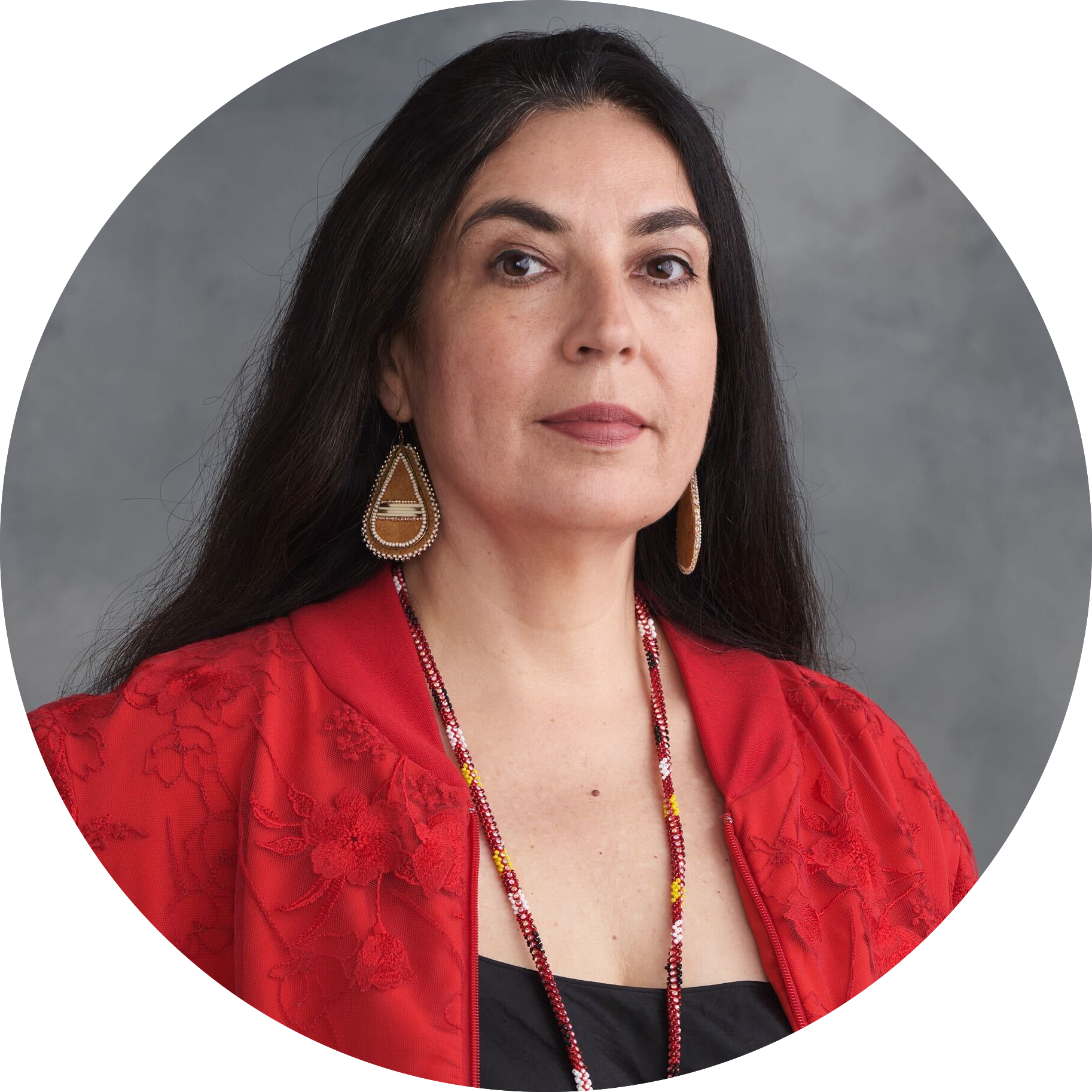
B.C. failing to protect 81% of critical habitat for at-risk species: government docs
B.C. allows industrial logging in critical habitat for at-risk species — part of the reason...
With federal decisions on major oil pipeline and tanker projects in the headlines, many suggest our elected officials should lean more on science to make these kinds of decisions.
Those exhortations sound very reasonable. But they reveal an enormously important misunderstanding about the role of science in making decisions on major resource projects.
Take the case of Kinder Morgan’s Trans Mountain pipeline and tanker project on the West Coast.
On one side, you have staunch opposition from the Tsleil-Waututh Nation and other coastal and Fraser River First Nations, West Coast municipalities like Vancouver, Burnaby and Victoria, and a sizable percentage of B.C.’s voting public.
On the other side, you have staunch support from Alberta Premier Rachel Notley, the mayors of Calgary and Edmonton, and a sizable percentage of Alberta’s voting public.
Is one side simply too dumb to understand the science — or simply willing to flatly ignore it?
Of course not.
But suggestions like Calgary Mayor Naheed Nenshi’s that “science should have the trump” unhelpfully imply just that.
This wrenching debate has never been about who understands the science better.
Rather, it’s about what happens when you take two people or communities and present them with the exact same scientific information, and they come to equally legitimate but opposite conclusions.
What’s going on here?
A difference in values.
It’s not a question of science versus values, or facts versus emotion, it’s about what happens when the best available science has told you all it can.
This is where our traditional environmental review processes begin to unravel; an unraveling that was on full display during the Kinder Morgan review process and that has now tainted the federal cabinet’s approval of the project.
As long as our current review processes and some of our political leaders assume that decisions must solely be “evidence-based” (meaning scientific evidence only), we’ll continue to waste years in angry hearings, expensive court battles, and polarized, disrespectful debate.
When one person’s “significant risk” is another person’s “infinitesimal risk,” you know you’ve arrived in the realm of a wicked problem.
We Need to Admit the Limitations of Science When it Comes to Pipeline Decisions https://t.co/dtYn68kFIG #bcpoli #cdnpoli #KinderMorgan pic.twitter.com/Iyc4u0lKXi
— DeSmog Canada (@DeSmogCanada) February 23, 2017
At this crucial moment in the pipeline debate, our leaders must understand and acknowledge the nature of the wicked problem, which involves what some refer to as “systemic risk.”
Oil pipeline proposals are textbook examples of wicked problems and systemic risk.
The seriousness, complexity, uncertainty and ambiguity wrapped up in oil pipeline and tanker proposals put the lie to claims of purely science-based decision-making.
Guaranteeing that projects will only go ahead if science deems them safe is disingenuous. There’s no way to guarantee safety and the public get that.
Promises to only proceed if safety measures are “world-class” are similarly disingenuous, because they hide the very real and painful limits to what is actually possible.
If a tanker were to run aground on the West Coast during a storm, a world-class response could mean watching helplessly as the oil spill spreads (strong winds and waves often prevent response equipment from being deployed).
With further federal pipeline decisions pending for major pipelines like TransCanada’s Energy East, we need our political leaders to abandon rhetoric that invokes science and world-class measures, and instead speak honestly about the limitations of science and the role of values.
Doing so may not do much to lessen the sense of betrayal — either way — this time around but it would signal a more honest process going forward.
Image: Coastal First Salish paddle in the snow. Photo: Zack Embree
Get the inside scoop on The Narwhal’s environment and climate reporting by signing up for our free newsletter. Angello Johnson’s shoulders burn, and his arms...
Continue reading
B.C. allows industrial logging in critical habitat for at-risk species — part of the reason...

Lake sturgeon have long been culturally significant and nutritionally important to First Nations in Ontario,...

Mark Carney and the Liberals have won the 2025 election. Here’s what that means for...

